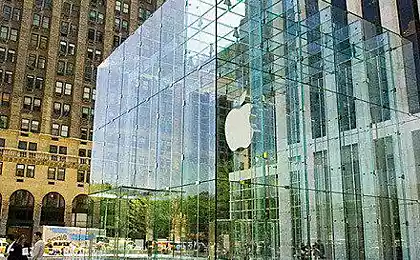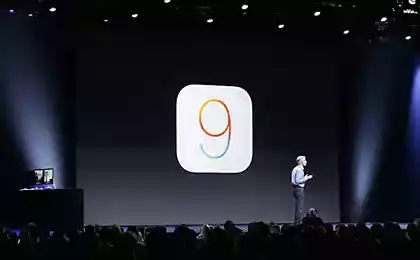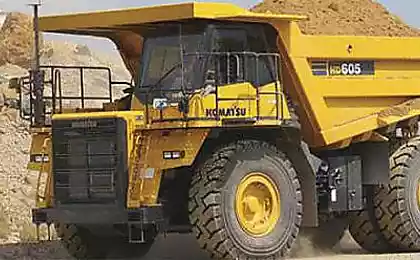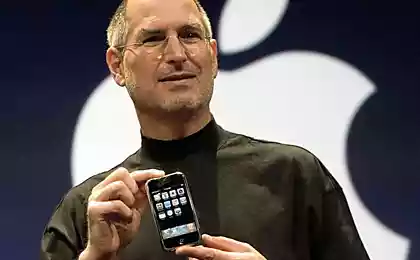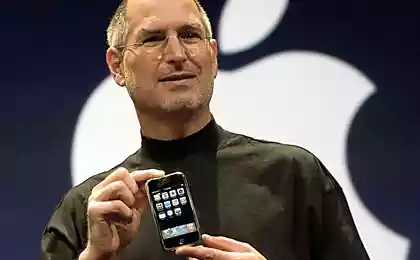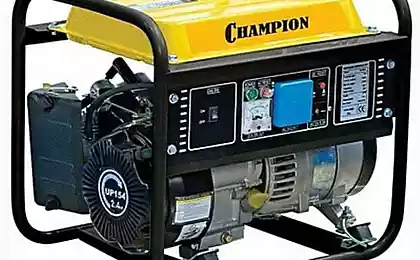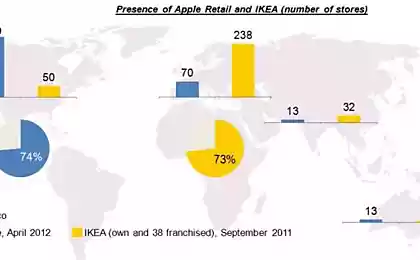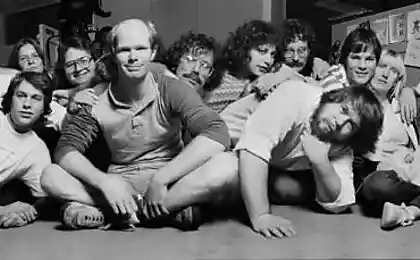446
Big Apple will be home to the next generation of organic food.

New York will get 500 food carts on solar energy this summer. Food carts participating this year in pilot programs designed to reduce greenhouse gas emissions and risks in security, providing a cleaner cooking with regards to mobile commercial catering outlets. Big Apple (the Big Apple) will be the progenitor of the next generation of eco-friendly food trucks.
Food trucks are convenient for both sides: for consumers and for small businesses. Conventional trailers catering are a source of greenhouse gas ((GHG) and air pollution and can be dangerous to their functionality. In the metropolis such as new York, approximately 8,000 mobile food food cart on the streets, have environmental and health impacts on the health of residents, at the same time cuisine a new sample on the wheels add up to a rather small effect on the inhabitants and guests of the city.

A new generation of mobile food trucks can help to clean the environment from street vendors, and a pilot program will test about 500 copies of them on the streets of new York this summer, in a strategic partnership between the city and MOVE Systems, the manufacturer of the truck MRV100.
MRV100, which includes solar panels, battery banks, "Federal certified heavy-duty fuel tank and low fuel CNG system", hybrid generator system, and the installation of modern mobile kitchen that can help to reduce GHG emissions by 60% and reduce NOx pollution by 95%.

"Our fuel system is designed for high standards of vehicle and commercial use. We adapted the technology of the hybrid car to replace the generators, which are often as loud as a chainsaw. Our solar, natural gas and battery-powered electric system designed specifically for mobile vending of food, also it reduces the noise of the generator in half and reduce emissions affecting climate change, two-thirds. This hybrid system is not only more clean and quiet, but also much stronger and more reliable", — said the MOVE Systems.
According to MOVE Systems, the average cost of a food truck is somewhere in the range from 15,000$ to 25,000$, therefore, the pilot program, which will provide the first 500 sellers of food who subscribe to MRV100 on a gratuitous basis will be a significant investment in cleaner, more green, street food ecosystem. Funds to cover costs for 500 free carts do not go out of the city budget, and through donations and private partnerships, also 100 truck out of 500 veterans with disabilities.
"Small business owners, as providers of meals on wheels, are the backbone of new York's economy and the basis of our neighborhoods. I look forward to the results of this pilot project and I thank MOVE Systems for this important initiative," — said the speaker of the new York city Melissa mark-Viverito (Melissa Mark-Viverito).published
P. S. And remember, only by changing their consumption — together we change the world! ©

